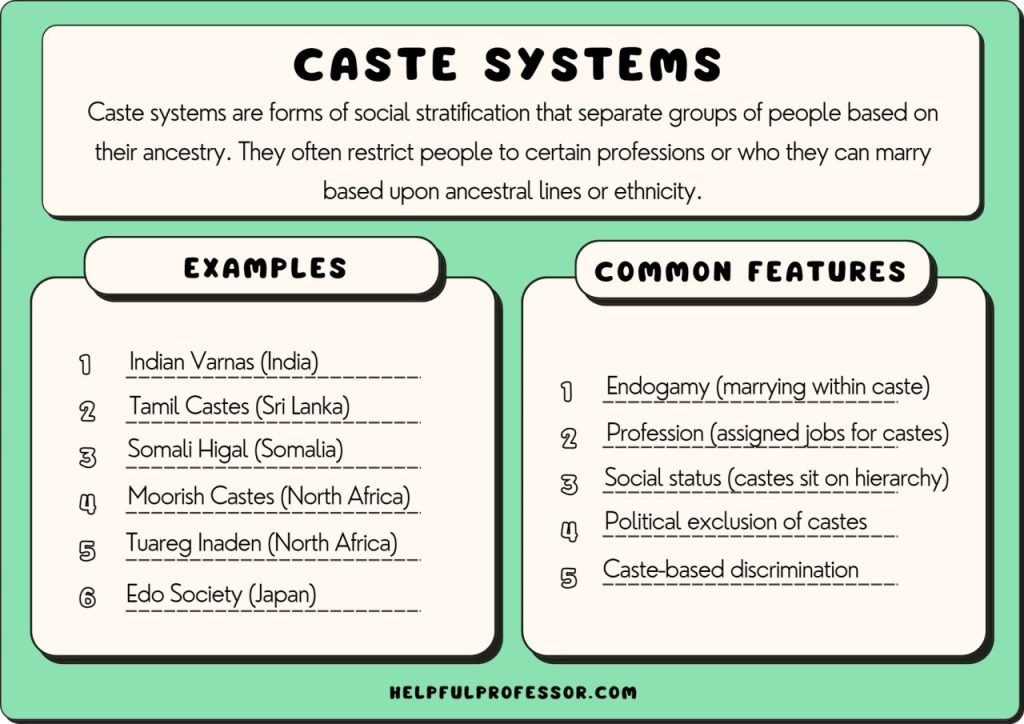In the realm of complex and often debated subjects, the term “Untermensch” stands out as a controversial and historical concept. In this article, we’ll delve into the depths of this term, providing insights, historical context, and a nuanced perspective. Our goal is to shed light on a topic that has perplexed many, exploring its burstiness in historical narratives without losing specificity or context.
Table of Contents
Unraveling the Origins
The term “Untermensch” originated in the early 20th century, particularly during the Nazi era. Understanding its roots is crucial in comprehending the gravity and implications associated with it. We’ll explore its emergence, evolution, and the historical events that surrounded its usage.
The Impact on Society
The influence of the concept of “Untermensch” on society cannot be overstated. This section will discuss how the term was employed as a tool for dehumanization, examining its effects on individuals and communities during that dark period in history.
Linguistic Analysis
Delving into the linguistic aspects of the term, we’ll dissect its literal meaning and how language can shape perceptions. This analysis aims to provide clarity on the term’s connotations and the power words hold in influencing collective opinions.
Perplexity in Historical Narratives
The historical narratives surrounding “Untermensch” often carry perplexities. We’ll navigate through these complexities, addressing the varying interpretations and perspectives that have emerged over time.
Burstiness of Cultural Impact
Examining the burstiness of “Untermensch” in cultural impact, we’ll explore how the term has transcended its historical origins and influenced modern discussions. This section aims to connect the past with the present, highlighting the enduring impact of such controversial terms.
Navigating the Controversy
Controversial topics like “Untermensch” demand a delicate approach. We’ll discuss the challenges in navigating such discussions, emphasizing the importance of addressing sensitive subjects with care and respect.
Understanding Specificity
Maintaining specificity is crucial when discussing complex concepts. In this section, we’ll explore the nuances of “Untermensch,” ensuring that our analysis remains detailed and accurate.
Bursting Stereotypes
Stereotypes often accompany controversial terms. Here, we’ll aim to burst these stereotypes by presenting a comprehensive view, challenging preconceived notions associated with “Untermensch.”
The Human Connection
At the core of this exploration is the human connection. We’ll weave personal stories and experiences into the narrative, grounding the discussion in the realities faced by individuals affected by the term.
The Importance of Education
Education plays a pivotal role in dispelling misconceptions. We’ll emphasize the significance of educating ourselves and others about the historical context, impact, and ethical considerations surrounding controversial terms like “Untermensch.”
Engaging with the Reader
As we progress, we invite you, our readers, to actively engage with the content. Share your thoughts, questions, and reflections as we navigate this intricate topic together.
Conclusion
In conclusion, our journey through the complexities of “Untermensch” has aimed to provide a comprehensive understanding. We’ve navigated historical narratives, linguistic intricacies, and cultural impacts, always mindful of the sensitivity surrounding the topic.
FAQs
Is “Untermensch” still used today?
While the term itself is not widely used, its historical impact continues to resonate in discussions about dehumanization and prejudice.
How can we promote sensitivity when discussing controversial terms?
Sensitivity is crucial; framing discussions with empathy, acknowledging diverse perspectives, and prioritizing education can contribute to more respectful conversations.
Are there other terms similar to “Untermensch” in history?
Yes, various terms have been used to dehumanize certain groups throughout history. Exploring these terms helps contextualize the broader issue.
Can understanding the origins of controversial terms prevent their misuse?
Education on historical context can indeed contribute to preventing the misuse of controversial terms by fostering awareness and critical thinking.
How can individuals contribute to breaking stereotypes associated with controversial terms?
Actively challenging stereotypes, promoting open dialogue, and embracing diversity are effective ways to contribute to breaking stereotypes.





